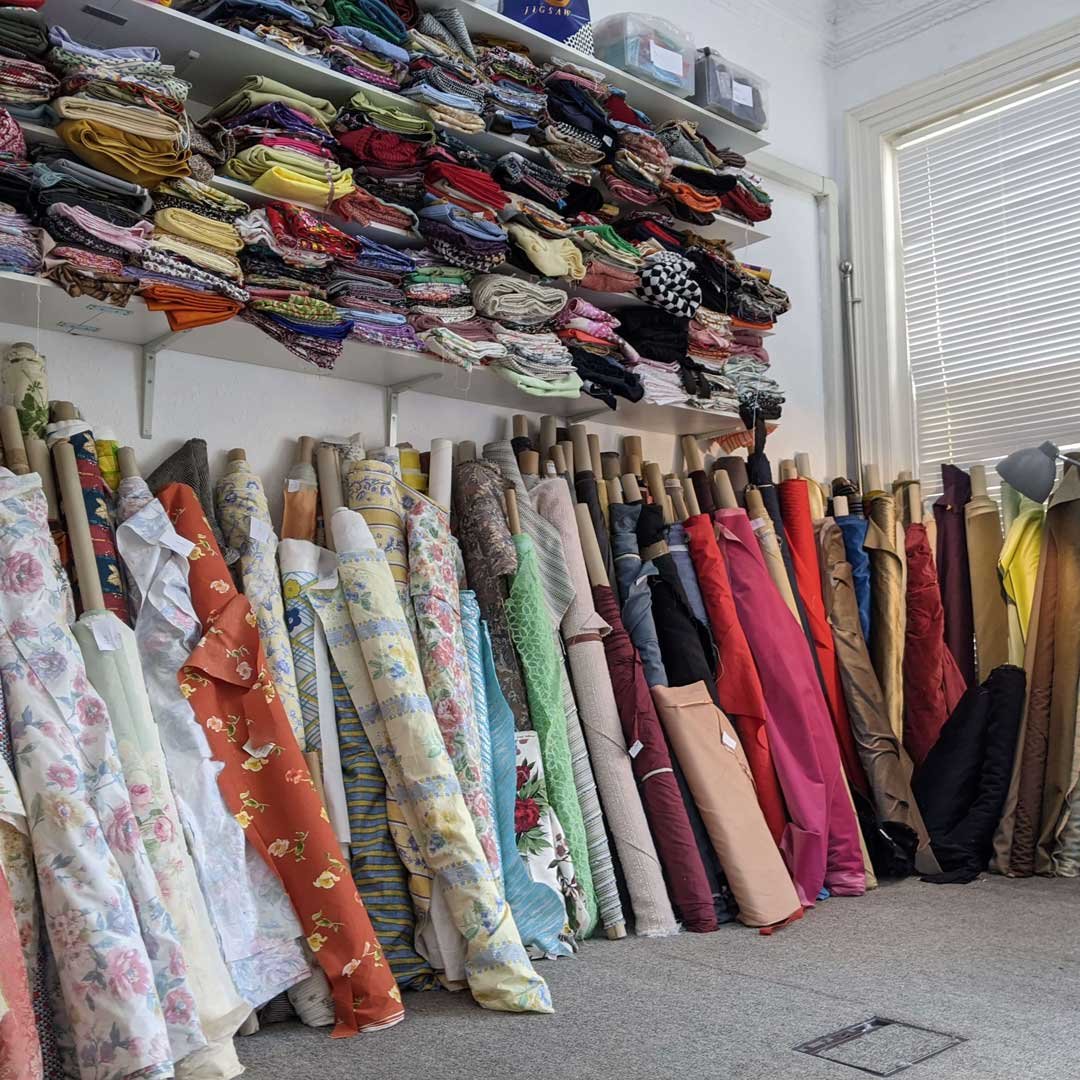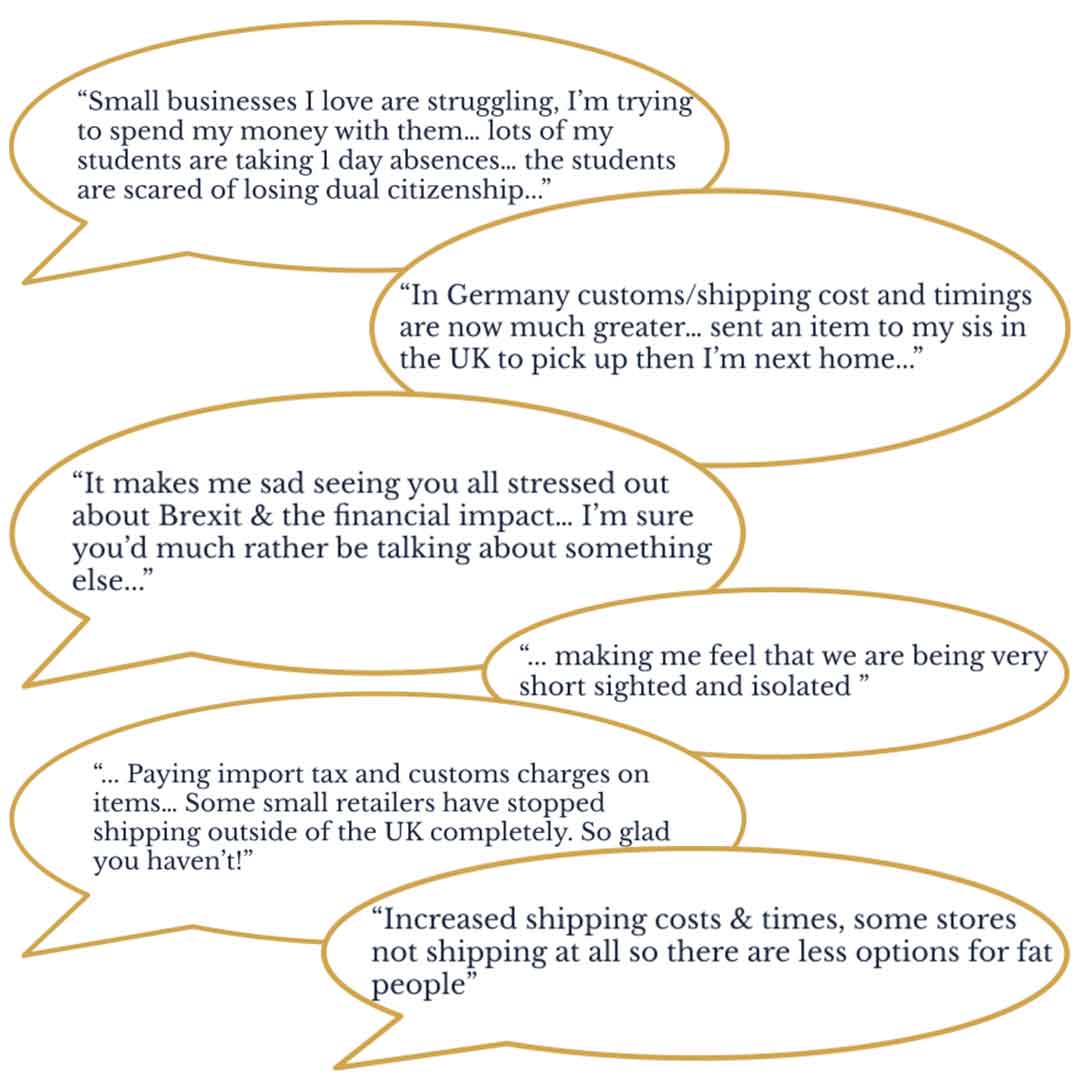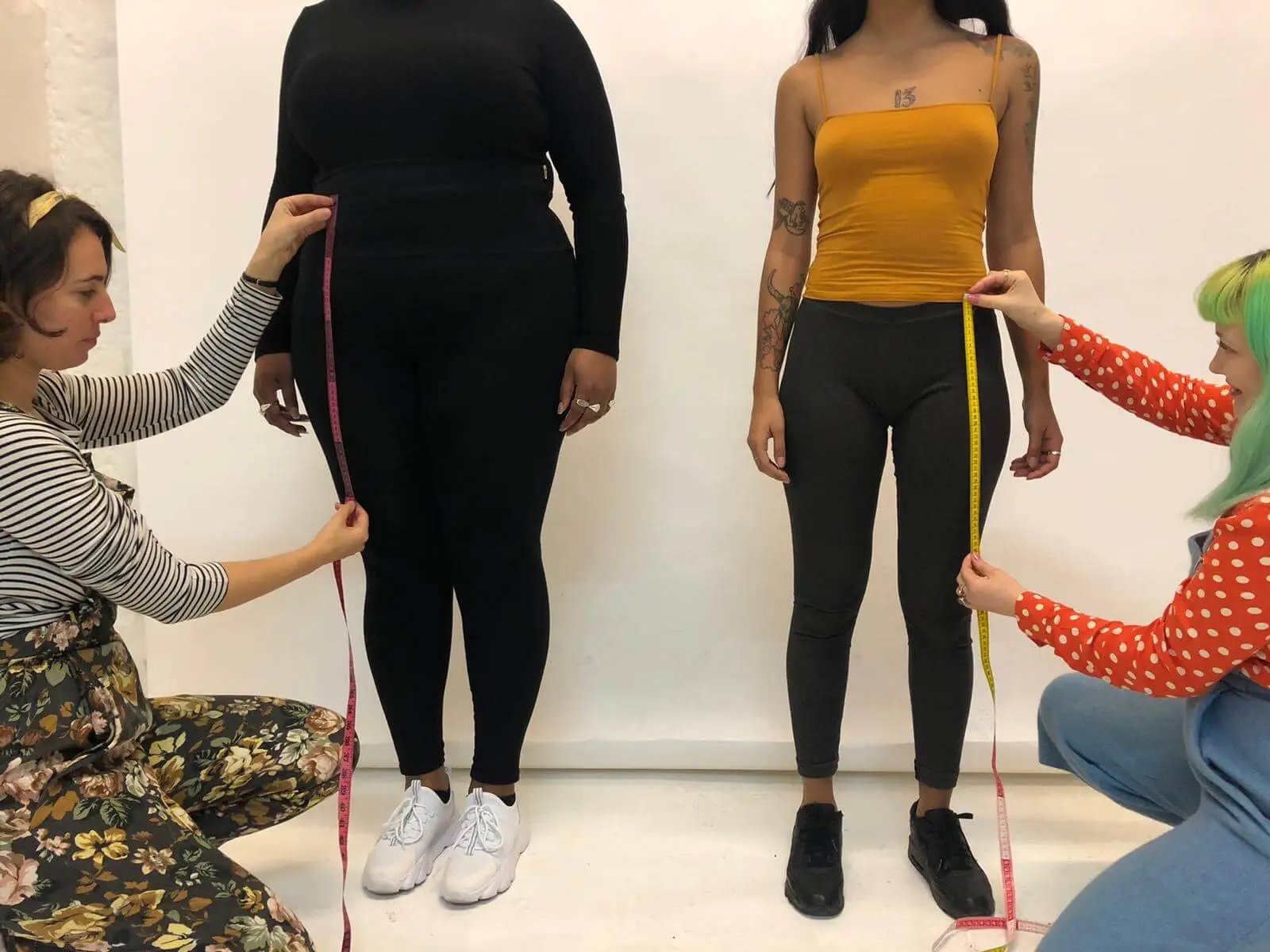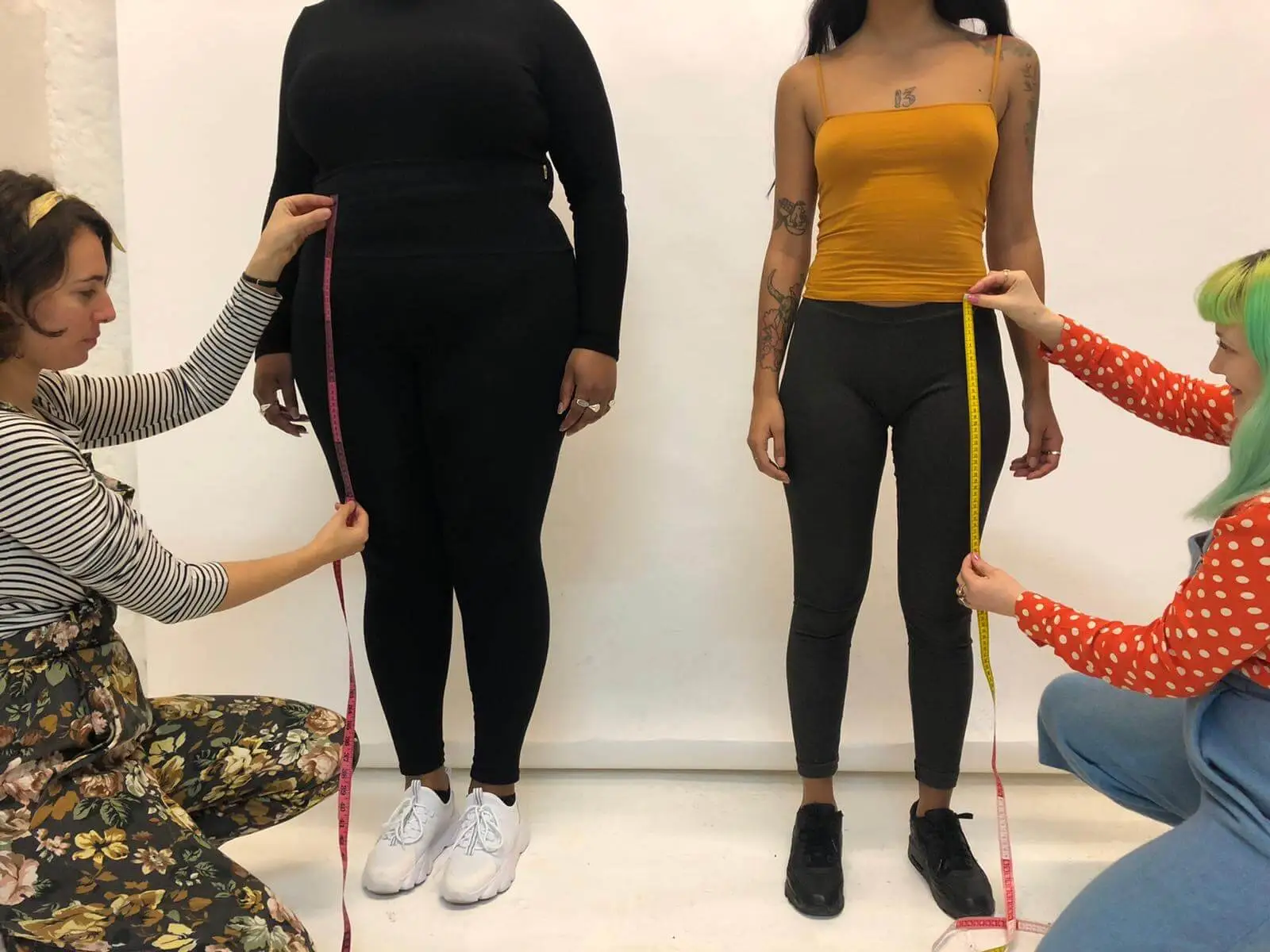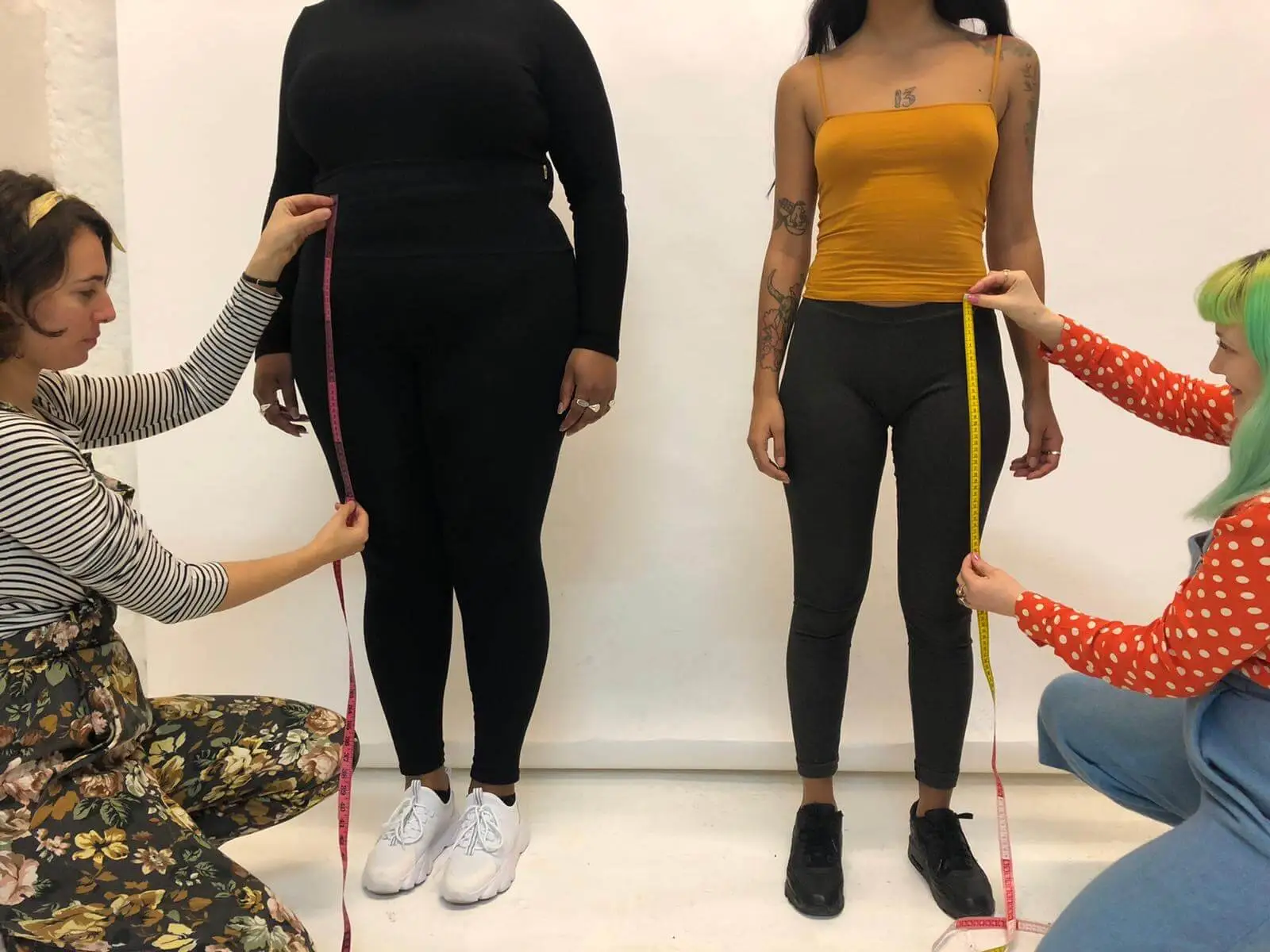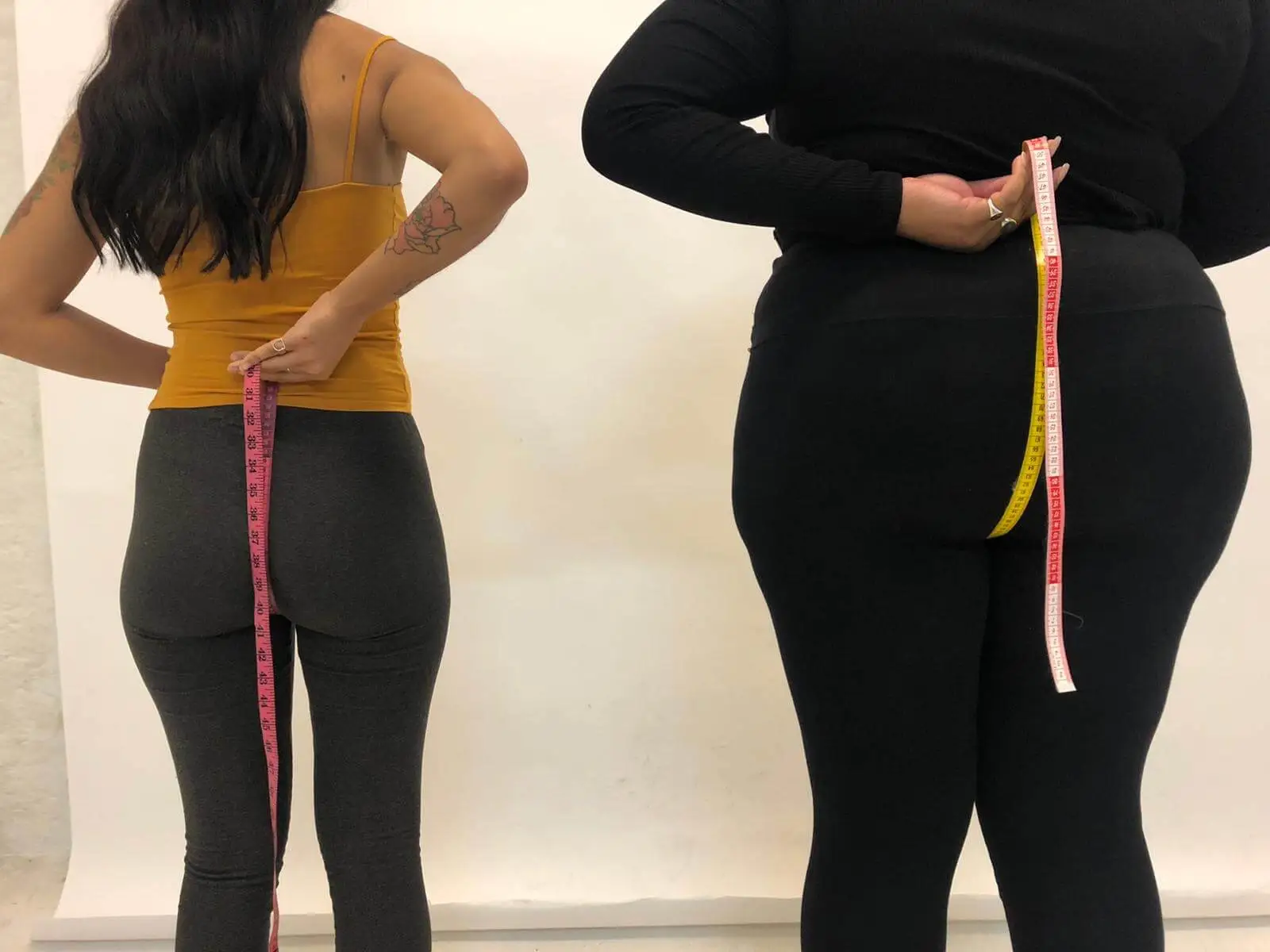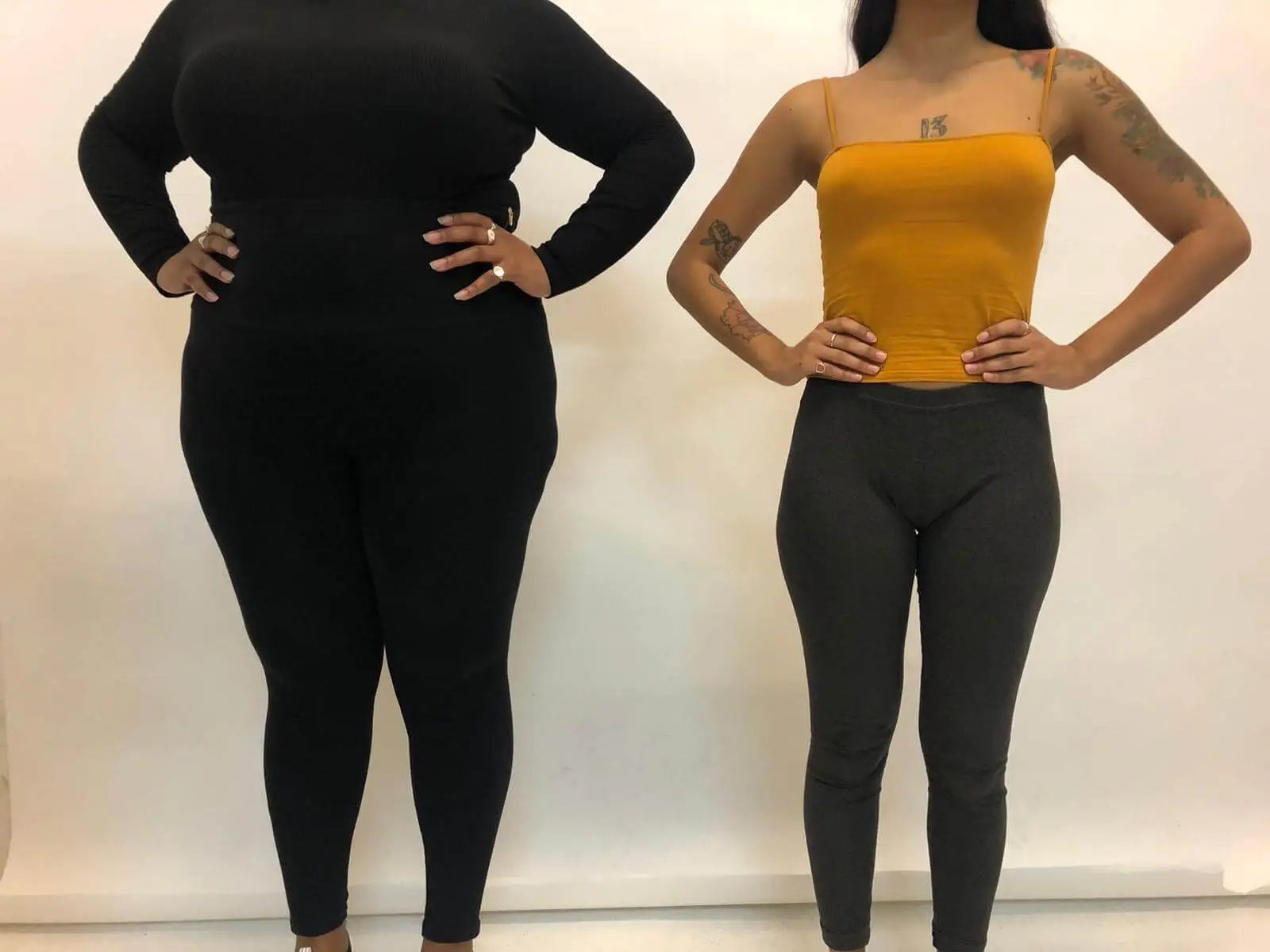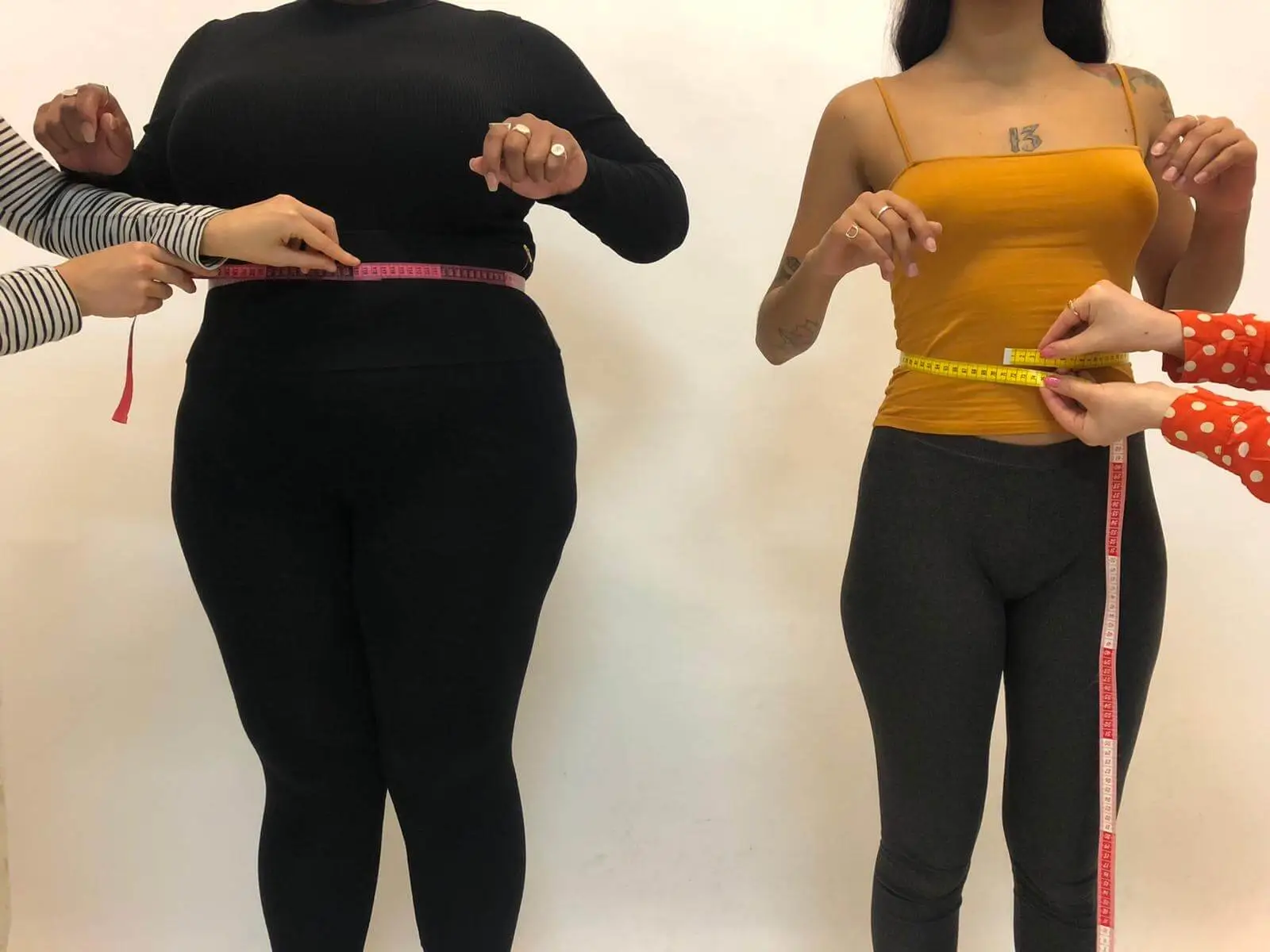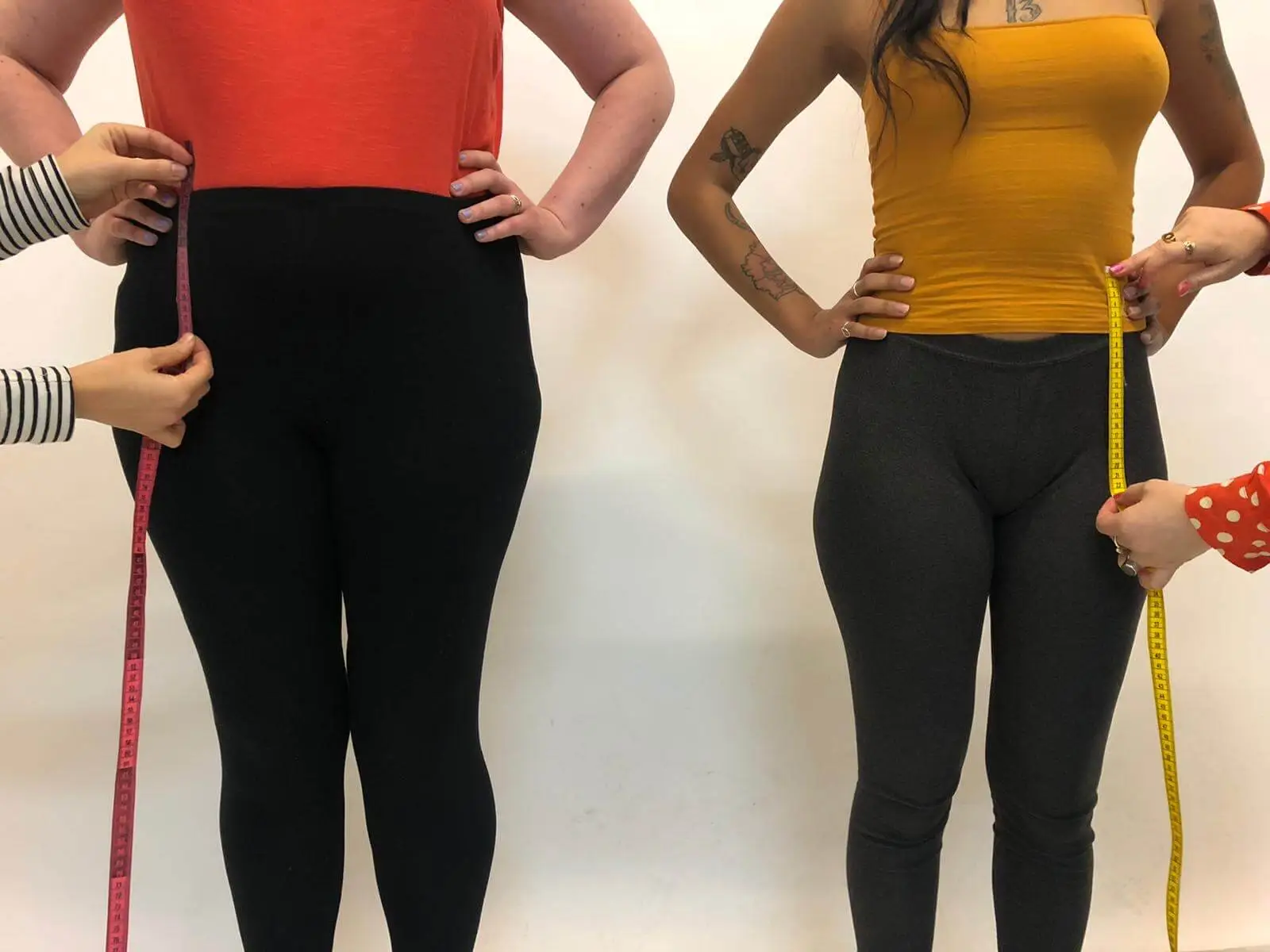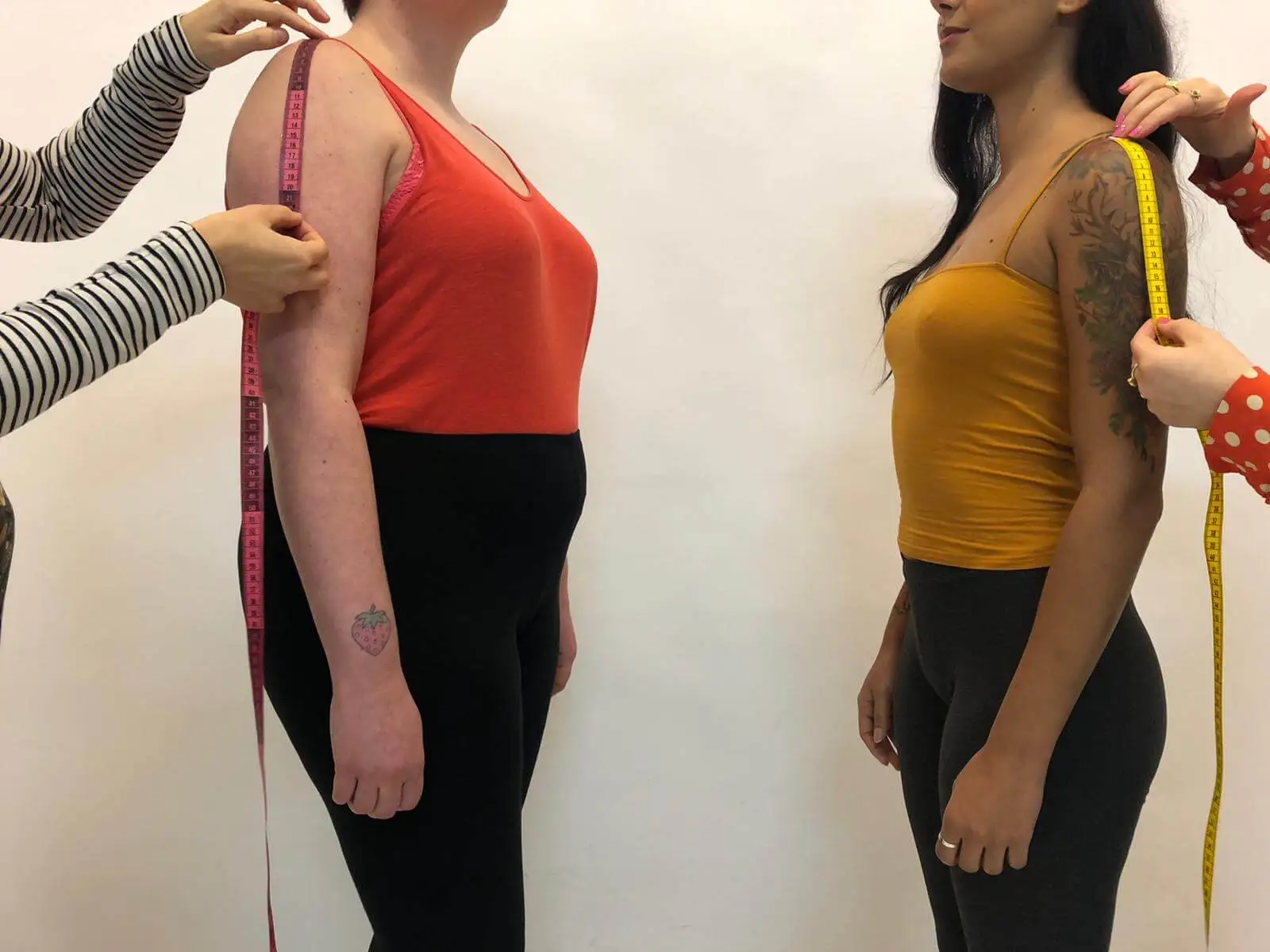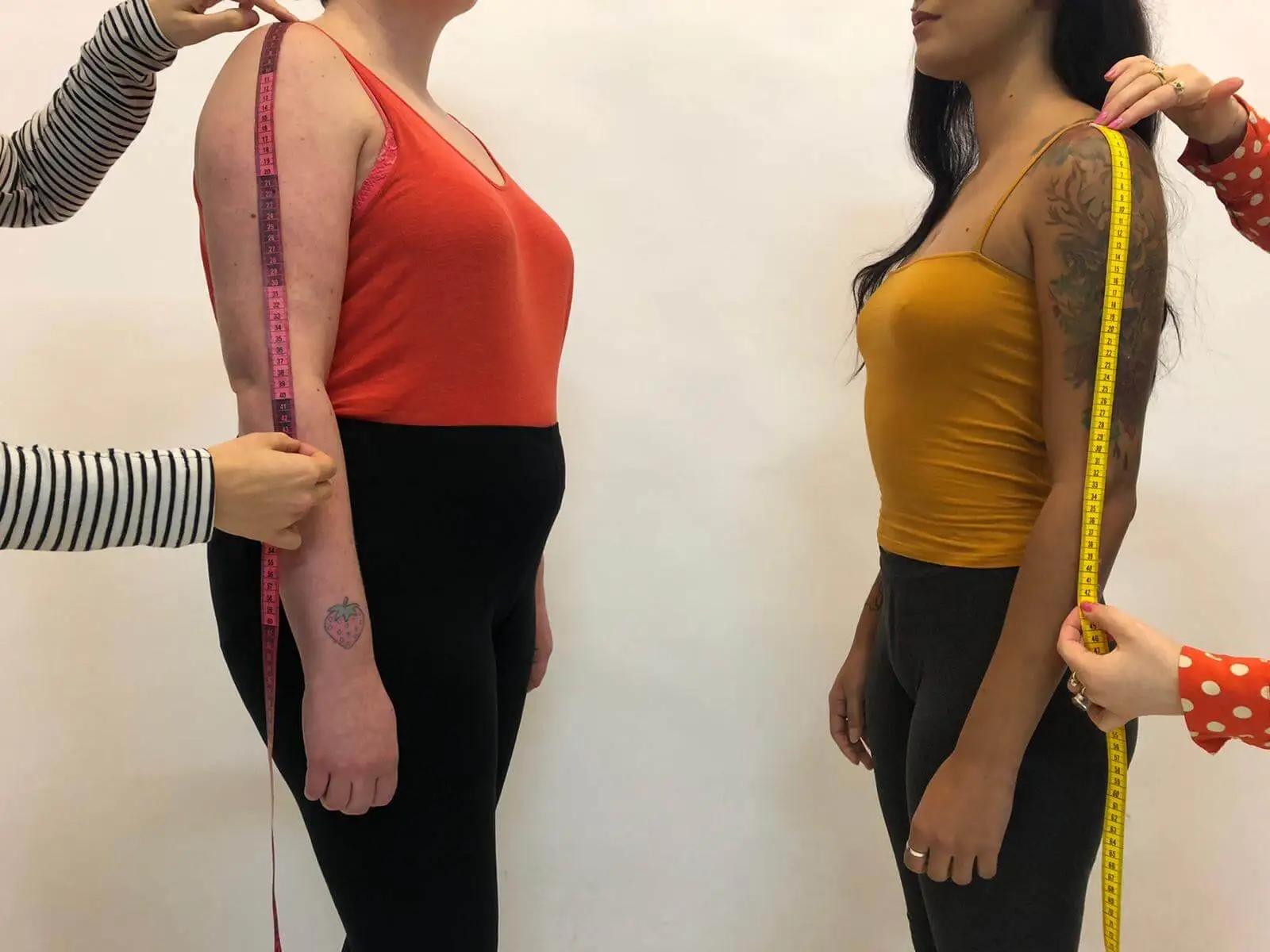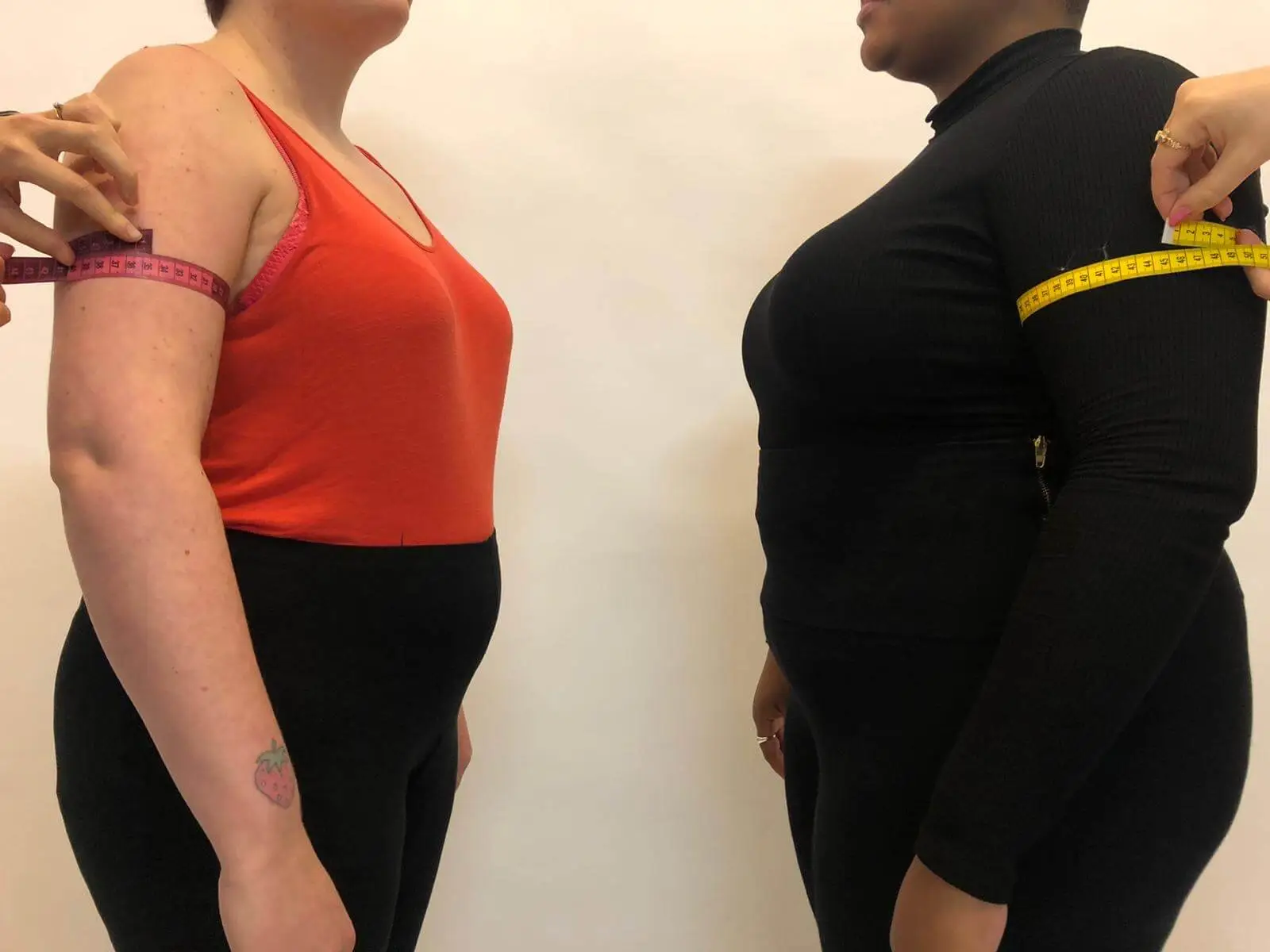SUSTAINABILITY & SMALL BUSINESS BLOG
Brexit and the Fashion Industry

BREXIT AND THE FASHION INDUSTRY
On June 23rd 2016 Britain voted to leave the European Union by a vote of 54/48. The UK has been a part of the EU since 1973 and is the first country to leave.
In March 2017 Article 50 of the Lisbon Treaty was triggered and the UK officially left the EU on 31st January 2020.
The challenges that Brexit has caused/is causing are still making themselves present…
IMPACT ON LARGE SCALE FASHION COMPANIES
The impact of Brexit doesn’t evenly affect all businesses. Large scale fashion companies are facing extra paperwork, products stuck in customs and VAT costs in the EU supply chain.
As well as these issues there have been cancelled orders from wholesale customers/retailers and rejected/returned orders solely because of consumer-faced Brexit costs. The UK Fashion industry is also heavily reliant on Freedom of Movement within the EU for models, designers and garments.
Fashion Roundtable is an organisation between the fashion industry and policy leaders; they form recommendations for the Government based on insights gathered from engaged fashion industry leaders and business owners. Their most recent report Brexit: The Impact on the Fashion Industry came out with recommendations for the Government that would enable the fashion industry to survive and eventually thrive, for example;
- Add Garment workers to the Shortage Occupation List for Visas
- Reconsider visa requirements for fashion creatives
- Close the gap on problems surrounding rules of origin
- Subsidise or scrap ATA carnets for travelling creatives
IMPACT ON SMALL FASHION BRANDS
Smaller fashion brands are seeing a similar impact on their businesses but as ever there are far less means of support and resources to help them navigate these changes.
VAT registered small brands now have to register directly within at least one of the EU countries they are selling to at great ongoing cost.
There are many new routines at borders including safety checks and customs declarations, which lead to delays and extra costs which obviously have a knock-on effect as it can’t be effectively planned for. Time and cost issues are not only affecting exporting goods but also receiving supplies from EU 27 are subject to import bills from customs.
The EU’s Common External Tariff (CET) has been replaced by UKGT (UK Global Tariff), which is applied to all goods imported into the UK. This adds layers of complexity. You have to know all of the commodity codes of the base materials and what they are made of to calculate duty and VAT rates. All goods need to be assessed to see if they meet ‘Rules of Origin’ for zero tariff, which takes even more time and energy from the small businesses. There are limits on what proportion of goods can be assembled from parts made overseas to qualify for tariff free access to the EU, imports and exports. Customs have the legal right to seize, destroy and even sell on goods that are not properly imported.
It takes so much admin and time to understand the incredibly complicated and unclear changes to legislation, which clearly puts more of a strain on smaller businesses that have far less resources than a larger business to navigate Brexit.
IMPACT ON CUSTOMERS
As well as impacting the businesses themselves the fashion consumer has also been impacted by Brexit. Some brands haven’t been able to keep up with all of the changes and have ceased trading in EU27 all together.
Even the brands like us who have kept our doors open for the EU27 and beyond have found that it does add an extra financial barrier to participation in ethical fashion ie. increased shipping costs and unforeseen charges. This is especially true for people within intersections that already have limited access.
HOW EMPEROR’S HAS HAD TO CHANGE DUE TO BREXIT
We are committed to staying united and to providing customers in the EU with our products and services, access to sustainable fashion is so important and we want to continue to be a source of that.
We have had to absorb the cost of greater VAT rates from many EU27 countries. We have also had to get VAT registered in July when the legislation wasn’t solid till a week before the deadline and there were many extra costs within that including registration fees, security deposits and administrative charges.
In total we have paid a considerable amount upfront to keep up with all of these changes and have applied for grants to help us put them in place (most of these applications were unsuccessful). Other costs have included adapting our website and to include all the contrasting VAT rates within the EU. Our website now shows VAT rates for different countries; so we have done what we can to make sure the charges are clear as they can be but there can also be import tax with that too.
Shipping garments has become more expensive; RePack costs have increased due to extra shipping and extra customs charges which has meant that we have had to slightly increase the p+p cost for consumers.
Some of our deadstock fabric suppliers are based in France and continuing to order with them has led to £500+ in customs fees so far this year. It’s a struggle to afford this but they are a supplier that we have worked with for a long time and have a good relationship with. Other costs total customs fees around £1000 mark.
Mental health stress from all of this (navigating Brexit) is constant, the legislation has never been clear and the support for businesses like ours isn’t enough.
The long term impact of Brexit is still unclear – the support from customers is essential for all small businesses all the time but especially now.
HOW YOU CAN CONTINUE TO SUPPORT SMALL BRANDS POST-BREXIT
If you are a paying customer of small brands or a supporter from the sidelines there are things you can actively do to support and boost them that take minimal effort:
- Paying customers can communicate with the brands they are purchasing from and check what their preferred payment/shipping method is.
- If you are in the privileged position to do so, shop from your favourite small brands at their full price and leave tips if you can to help cover the extra costs
- Supporters of small brands can think about how they are engaging with them online. Saving and sharing posts is more effective than just leaving likes on social media pages so think about sharing posts from your favourite small businesses with people you know will love them too.
Written by Maxxie, Marketing Assistant, edited by Cecily Blondel, Owner
SOURCES
https://www.britishfashioncouncil.co.uk/About/Brexit
https://www.fashionroundtable.co.uk/news/press-release-fashion-roundtable-launch-brexit-report-2021

